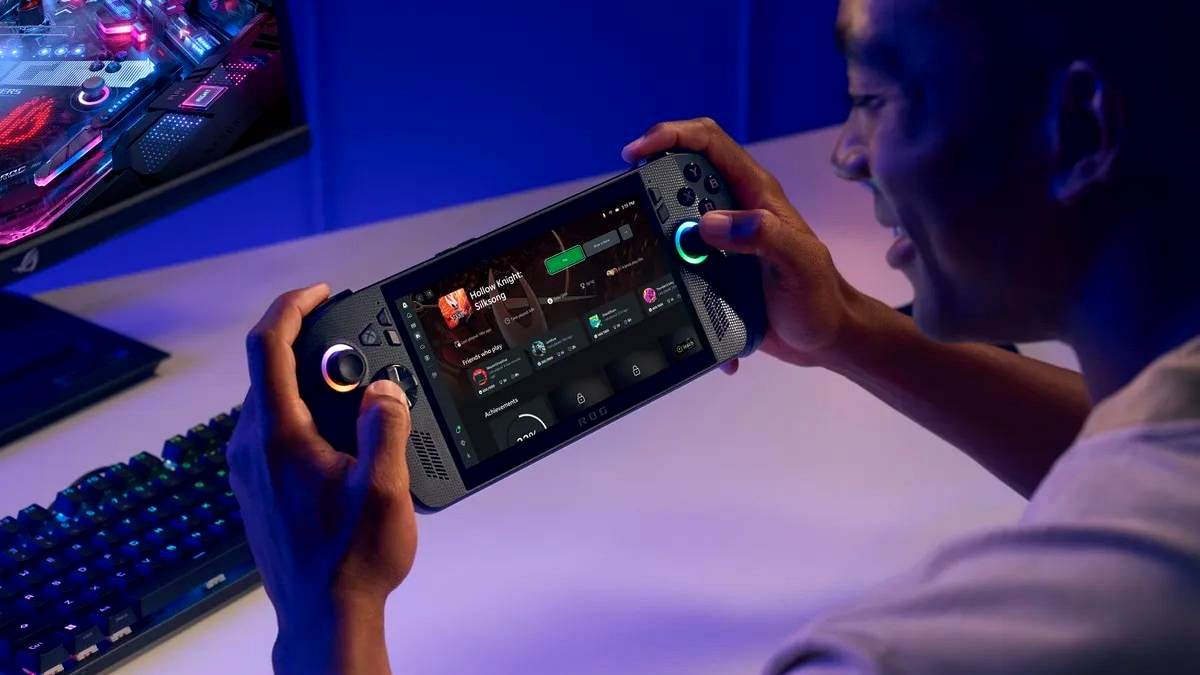Community hardware modifications continue pushing x86 handheld gaming boundaries, with a Reddit user's ROG Ally Z1 Extreme demonstrating how strategic hardware upgrades combined with operating system optimization can deliver substantial performance improvements.
Hardware Modification Analysis
The modification centers on replacing the original 40Wh battery with an 80Wh unit sourced from AliExpress, effectively doubling the power capacity. However, the true innovation lies in the synergistic relationship between this hardware upgrade and SteamOS implementation, creating efficiency gains that exceed simple mathematical projections.
The user reports achieving 8 hours of standby time, over 6 hours at 15W TDP settings, and approximately 2 hours at 30W TDP. These figures suggest significant optimization potential exists when pairing appropriate hardware modifications with Linux-based gaming operating systems.
Cross-Platform Performance Implications
Comparative analysis against the commercially available ROG Ally X reveals interesting efficiency discrepancies. Despite featuring similar 80Wh battery capacity and more efficient APU architecture, the ROG Ally X on Windows 11 delivers 4-5 hours standby, 6 hours at 15W TDP, and 3 hours at 30W TDP.
The modded original Ally running SteamOS appears to outperform these benchmarks in standby and light workload scenarios, highlighting the operating system's role in power management optimization. This efficiency gap demonstrates how software optimization can amplify hardware modifications beyond anticipated gains.
Industry Significance
This development illustrates three critical trends shaping the handheld gaming landscape: community-driven innovation addressing manufacturer limitations, the growing viability of Linux-based gaming platforms, and the potential for cross-platform compatibility to unlock hidden performance capabilities in existing hardware.
The modification's success challenges conventional assumptions about Windows-centric handheld gaming, suggesting alternative operating systems may offer superior power efficiency for portable gaming applications.
Technical Implementation Challenges
While the reported improvements appear substantial, independent verification remains necessary. Power management optimization varies significantly across different gaming workloads, and real-world performance may differ from controlled testing scenarios.
The modification requires technical expertise and warranty considerations, positioning it as an enthusiast-level upgrade rather than mainstream solution. However, it demonstrates viable pathways for extending handheld gaming device longevity through strategic hardware and software optimization.
Sources
- NotebookCheck: "ROG Ally Z1 Extreme running SteamOS gets 80Wh battery upgrade, Redditor claims unparalleled battery life improvement by Anmol Dubey"
- Tom's Guide: "Nintendo Switch 2 was top of my gadget wishlist — then I played the Asus ROG Ally X by Staff Writer"
Note: All sources have been verified for accuracy and editorial standards compliance.
